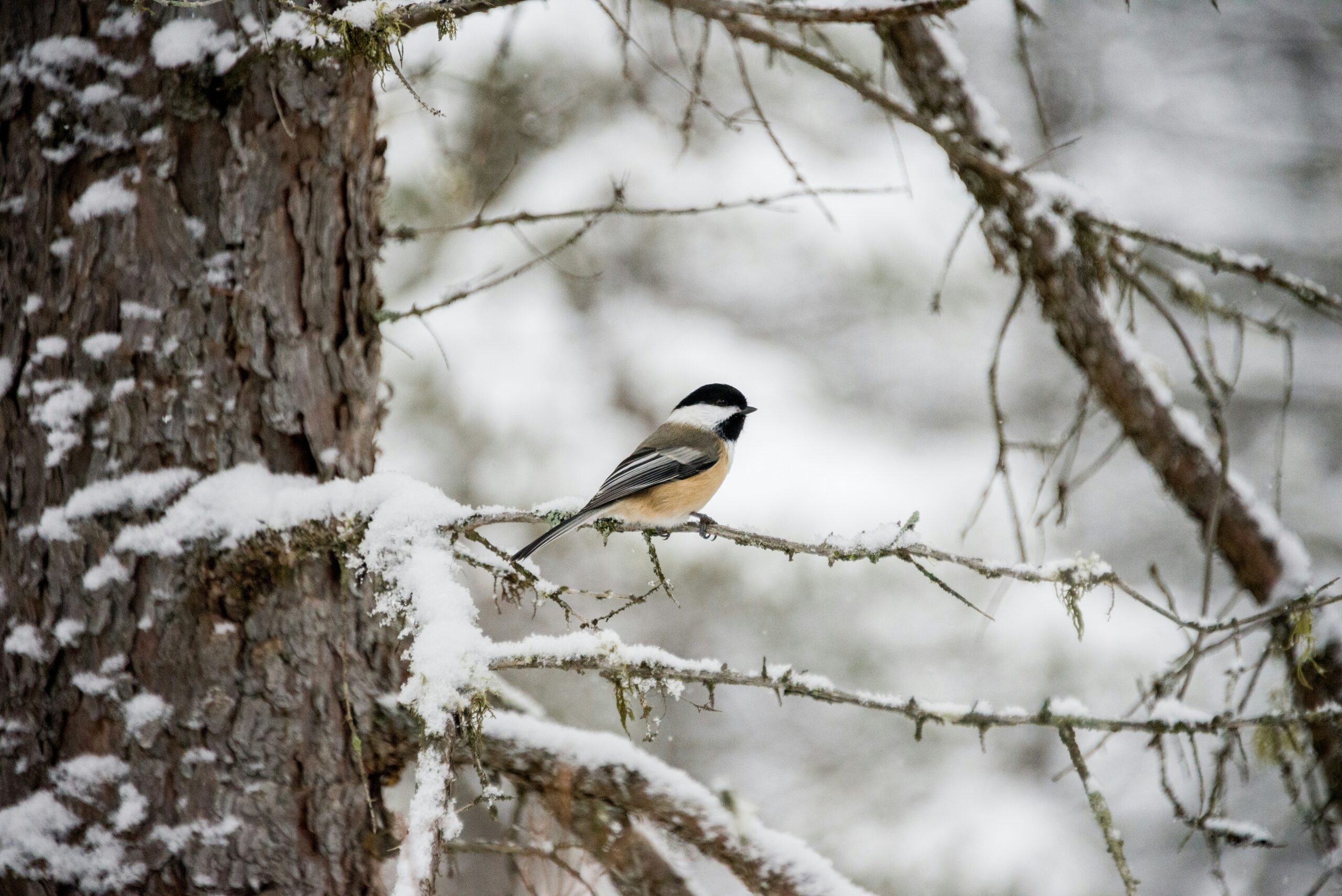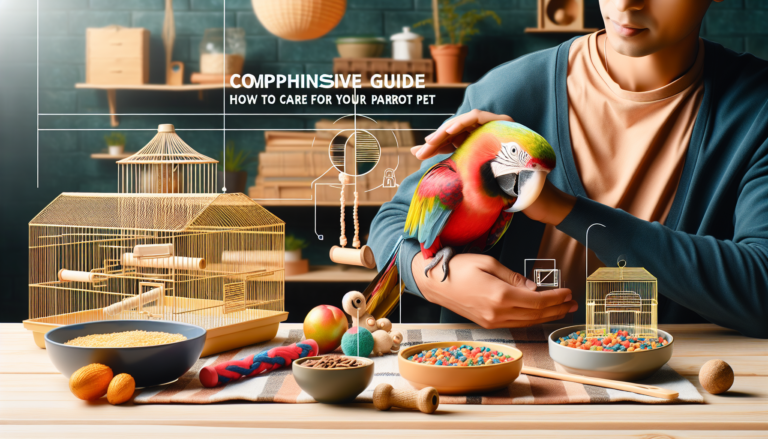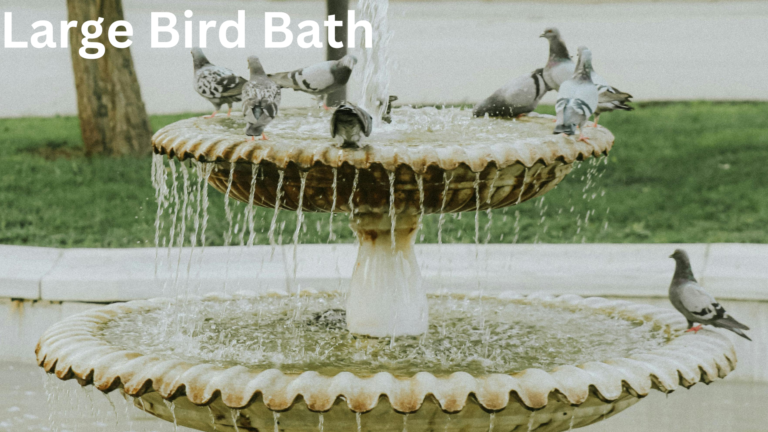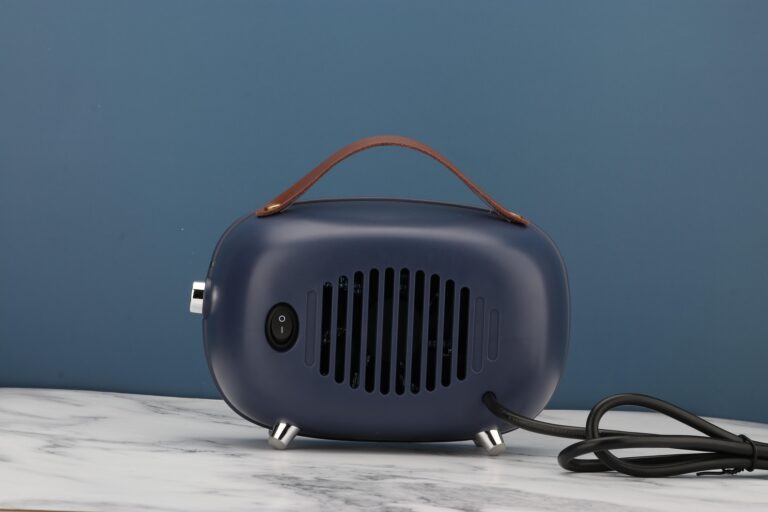How To Keep A Bird Warm In winter
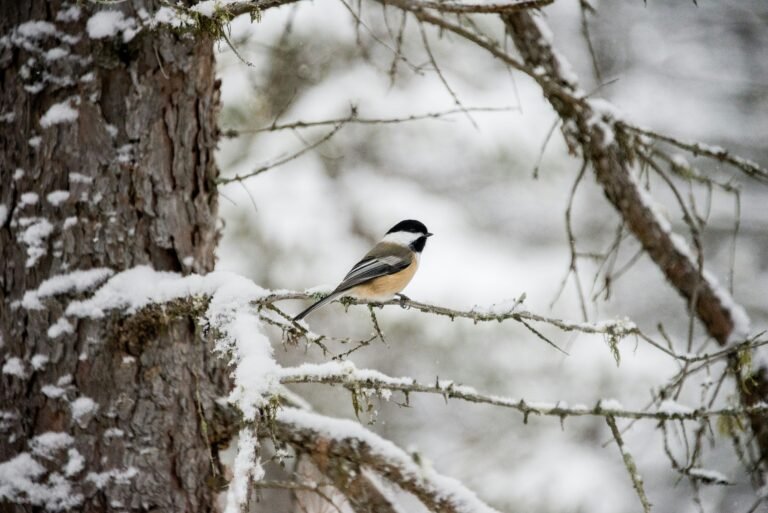
Hey everyone, welcome back to Feathered Mates! Today, I will talk about how to keep a bird warm in winter. As the ambient temperature drops in winter, birds suffer as much as humans. Winter changes also affect pet birds in many ways. Therefore extra care of birds in winter is the exclusive duty of the bird owner. In this guide I will share some important tips to keep your feathered friend how to keep a bird warm in winter.
Comprehending the Physiology of Birds
The study of the physiological, biological, behavioral in nature, and evolutionary aspects of birds as well as their biological processes is known as bird physiology. This article examines the distinct physiological characteristics of birds and their distinctions from other animals. Generally we know that the body temperature of birds is much higher than other animals. Because birds have a high body temperature, they have the ability to store excess heat. Caring for your birds in winter requires understanding your bird’s species and their ability to adapt to low temperatures.
Supplying Sufficient Insulation
Keep your bird’s cage away from colder areas during the winter. Consider using a cover or blanket over the bird cage to create humidity for the birds during the winter. Avoid placing bird cages near windows during winter. Birds can trap air in the spaces between each of their feathers, thereby reducing their rate of heat loss.
Keeping the Right Temperature
We know that there are generally two types of climates on earth warm temperatures and cold currents. In winter, there are many changes in the environment around us. It is the responsibility of a bird owner to keep birds in a suitable environment in both warm and cold environments. The best temperature for your pet bird to live in is 65 to 80 degrees Fahrenheit. But they can also be operated between 40 and 90 degrees Fahrenheit if needed.
Modifying Nutrition and Staying hydrated
During the winter, your bird may need extra calories for its physical health or to maintain its body temperature. So understand their needs and offer them the right food. Include fresh fruits and vegetables and nutrient-dense foods in their diet. Avoid giving them cold water.
Improving Physical Exercise
Just as the cold affects birds physically in winter, it also affects their vocalizations severely. Avoid giving them cold water and let them drink fresh water. Therefore, it is necessary to encourage them to physical activity at this time.
Expanding the wealth of our Environment
Birds generally feel bored during winter. Introduce them to a variety of toys to prevent boredom. Changing their toys periodically is the best way to prevent boredom. Spend more time with them and try to talk to them to keep them mentally active.
Keeping a focus on wellness and health
As winter temperatures drop, bird health is at risk. So a bird owner should take extra care of birds in winter than throughout the year. And you should always keep an eye on the bird for signs of illness. If signs of illness are noticed, contact a veterinarian as soon as possible and take his advice.
Sustaining Suitable Lighting
Sunlight is essential for bird health and vitamin D synthesis. In winter, the intensity of the sun decreases as the temperature generally decreases. So arrange lights for your bird to get enough light. Ensure at least 12 hours of light per day.
It can be said that birds are very peaceful creatures and they always fascinate us with their behavior. So, As a responsible bird owner, acquiring the necessary knowledge about birds is of course very important. Every bird owner should understand and review accurate information about birds and guide birds properly. Hope we have helped you enough to learn how to keep a bird warm in winter. Stay with us to learn about the right bird selection, Birds care, birds nests and all things related to birds. May the relationship between you and your pet become stronger.

